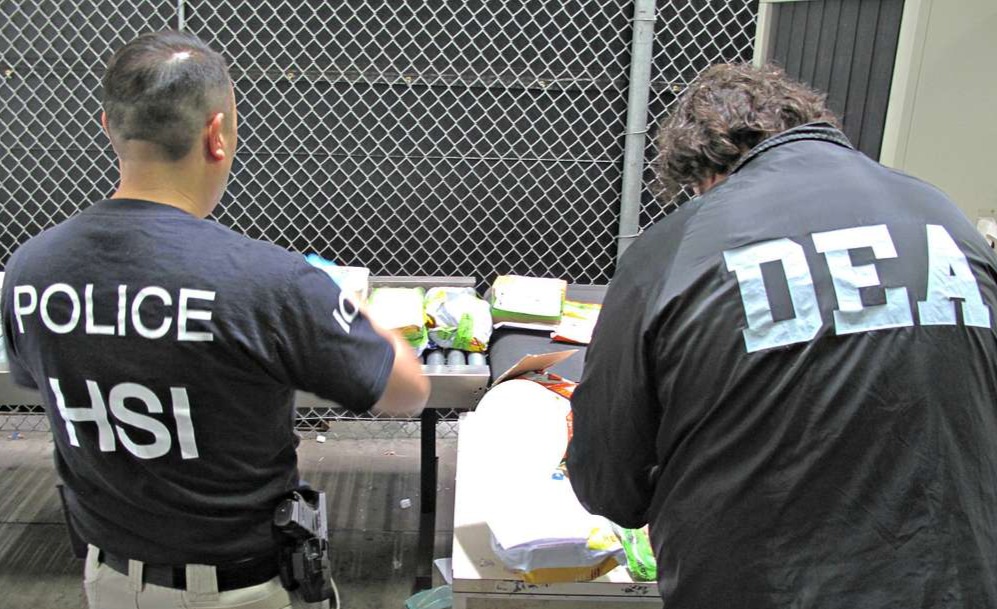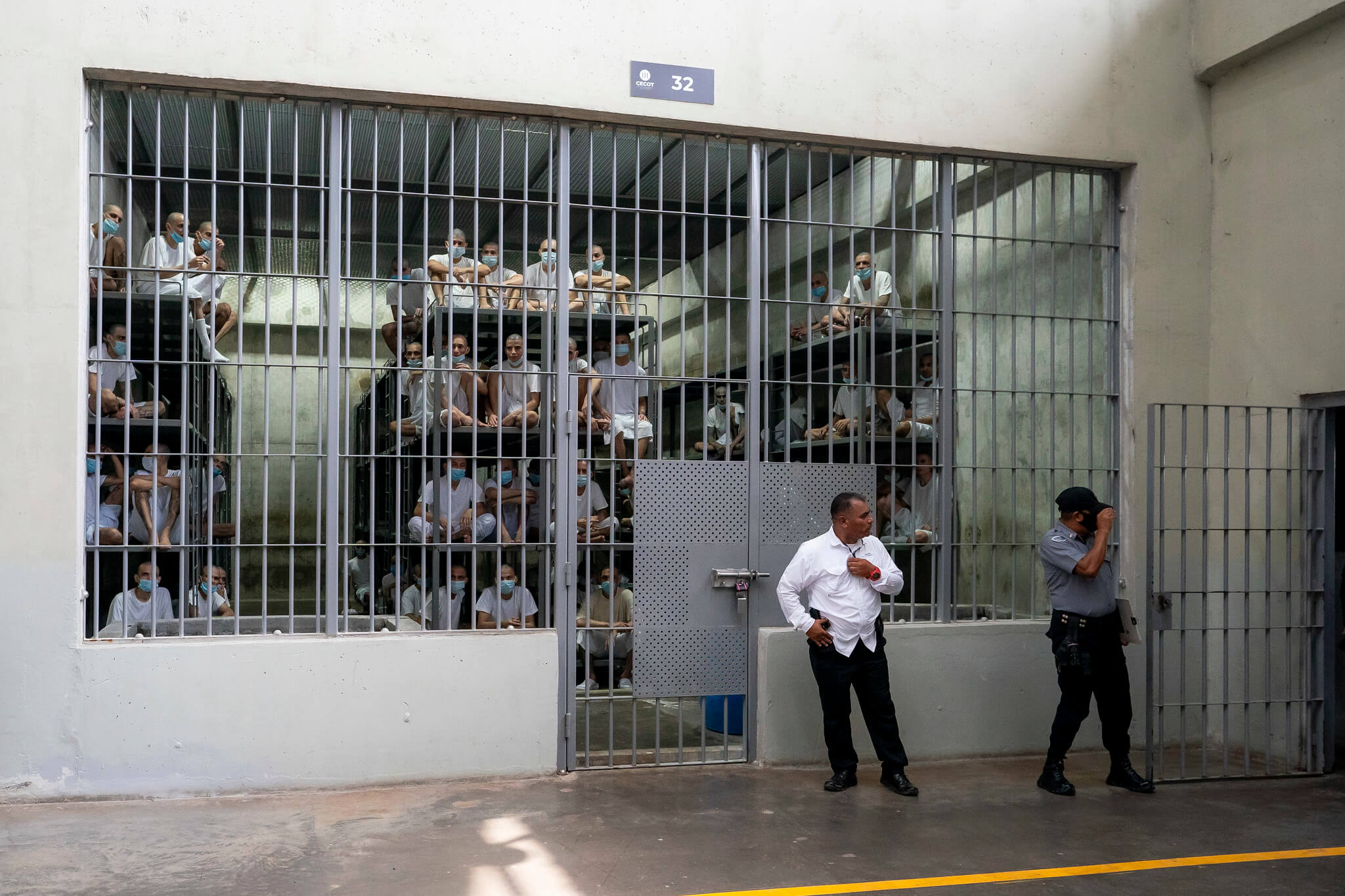Our Man in Havana: Geoff Corn on the Cuban Perspective on IHL
A guest post from Professor Geoff Corn:
Last week I was fortunate to participate in an extraordinary round-table discussion on LOAC issues with Cuban IHL experts in Havana. The exchange was sponsored by the Cuban Bar Association, and coordinated at our end by Colonel (retired) Manuel Supervielle, a long-time friend who I first met when I worked for him while I was teaching at the Army JAG School and he was the Chair of the International and Operational Law Department. Manny was born in Havana and came to the US after the r
A guest post from Professor Geoff Corn:
Last week I was fortunate to participate in an extraordinary round-table discussion on LOAC issues with Cuban IHL experts in Havana. The exchange was sponsored by the Cuban Bar Association, and coordinated at our end by Colonel (retired) Manuel Supervielle, a long-time friend who I first met when I worked for him while I was teaching at the Army JAG School and he was the Chair of the International and Operational Law Department. Manny was born in Havana and came to the US after the revolution when he was four years old. The visit was especially significant for him, especially visiting the monument to his grandfather who was the Mayor of Havana from 1944-1946 and committed suicide as a point of honor when he failed in his promise to bring clean running water to the city.
Along with my friends Gary Solis and David Turns (from the British Defense Academy), we spent an entire day discussing a variety of LOAC related issues. Our counterparts – law professors and members of the Cuban Red Cross – were all extremely knowledgeable on the subject. Although they were somewhat guarded, it was also clear that most had experience in the armed forces. One shared with us that he had spent a New Year’s Eve with South African POWs detained in Angola after being captured by Cuban forces (I think most Americans would be surprised to learn that there were major ground combat actions between Cuban and South African armed forces in Angola (the battle of Cuito Cuanavale was the largest engagement involving 15,000 Cuban troops supporting Angolan government soldiers to halt an offensive by South African and UNITA (The National Union for the Total Independence of Angola) troops)).
What I found most interesting were the issues of concern raised by the Cubans. Most of this (unsurprisingly) focused on the “war on terror.” They questioned the validity of claiming armed conflict authority with no defined geographic boundary, and asserted the invalidity of the unprivileged belligerent concept. Nonetheless, they all acknowledged the stresses being placed on the traditional internal/international armed conflict concepts, and seemed especially interested in assessing the nature of efforts to respond to armed organized criminal threats within this framework. They certainly understood the consequence of labeling such a response an armed conflict. The evolution of weapons – and in particular challenges associated with drones – also spurred some interesting debate. One of the Cubans shared that prior to teaching he spent a career in the cockpit of a MiG 21 fighter, and agreed that the era of the manned fighter jet may be coming to an end.
One very interesting discussion focused on the authority of the UN Security Council. Echoing an argument I remember hearing when UN blessed the NATO intervention in Kosovo (the peacekeeping mission following the air campaign against Serbia), one participant questioned the authority of the Security Council to treat purely internal disturbances as threats to international peace and security. Was this perhaps a hint that the Cubans might be concerned that if they suffer their own internal crisis (perhaps following the death of Fidel) the Security Council might authorize some type of Chapter VII response? Perhaps that is reading too much into the concern. However, it is an issue that seems to receive little attention: what, if any, limits exist on the Security Council’s authority to designate a crisis as a threat to international peace and security? It was clear that our counterparts viewed some of these decisions ultra vires and merely a subterfuge to justify interfering with the sovereignty of smaller states.
We are hoping to make a return visit during the summer to continue the dialogue. I hope we do. For an old Cold Warrior who spent his formative military years in Panama during a time when Cuban advisors were used routinely to further the efforts of the Soviet Union in the proxy wars occurring in that region, I found quite amazing that I was in Havana engaging in such discussions. I think our counterparts felt the same. Indeed, one began his comments by reminding us that it was not all that long ago when any meeting between us would have been a meeting of enemy belligerents.
Robert (Bobby) Chesney is the Dean of the University of Texas School of Law, where he also holds the James A. Baker III Chair in the Rule of Law and World Affairs at UT. He is known internationally for his scholarship relating both to cybersecurity and national security. He is a co-founder of Lawfare, the nation’s leading online source for analysis of national security legal issues, and he co-hosts the popular show The National Security Law Podcast.





